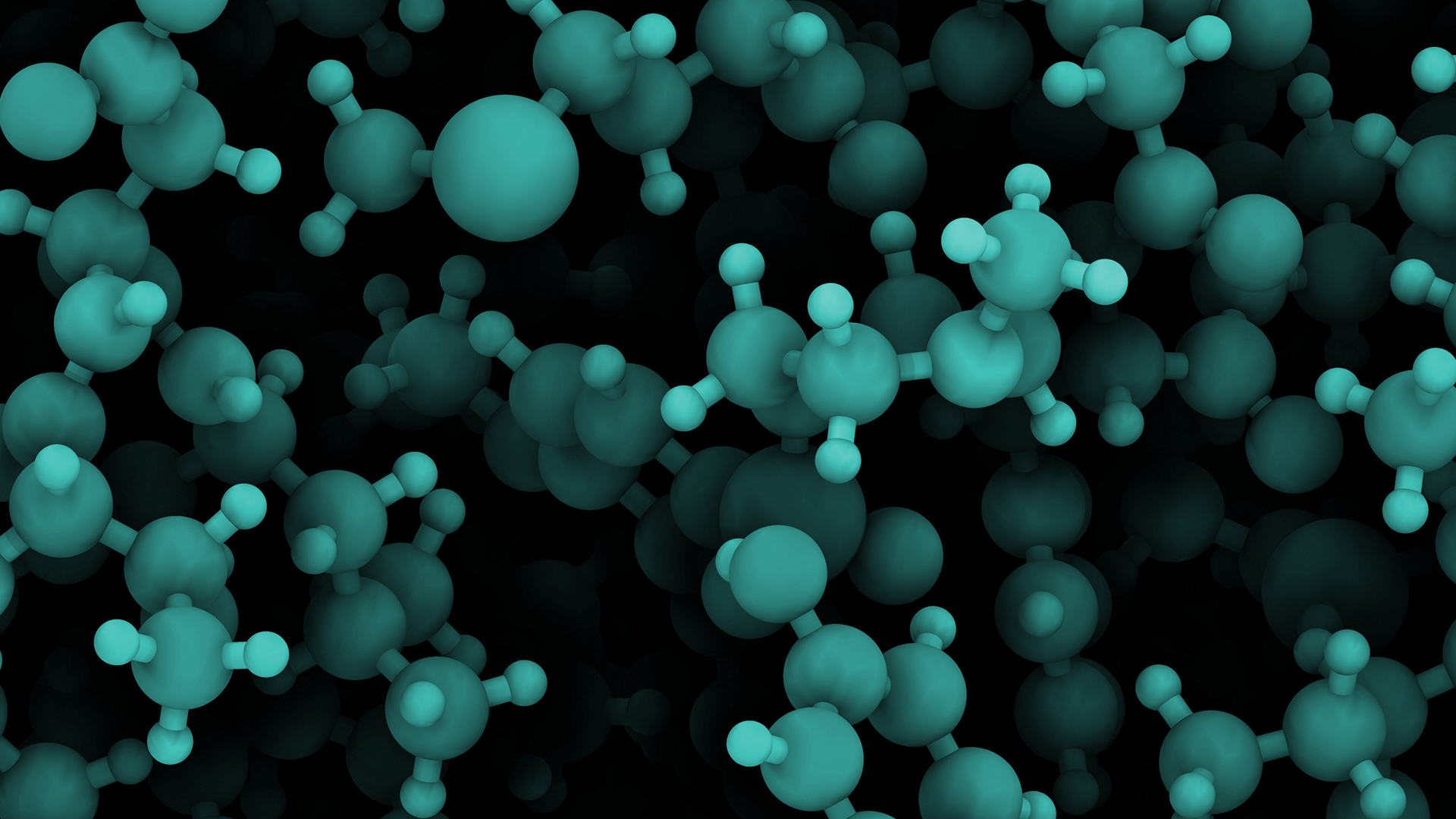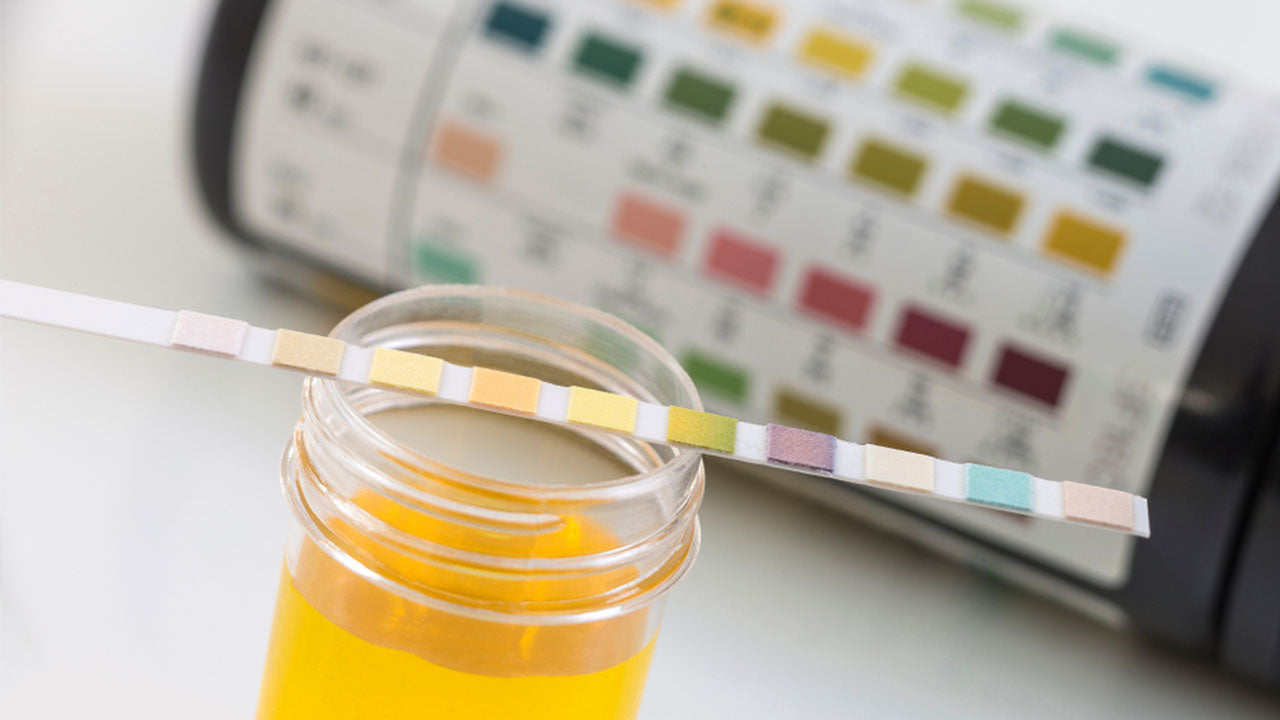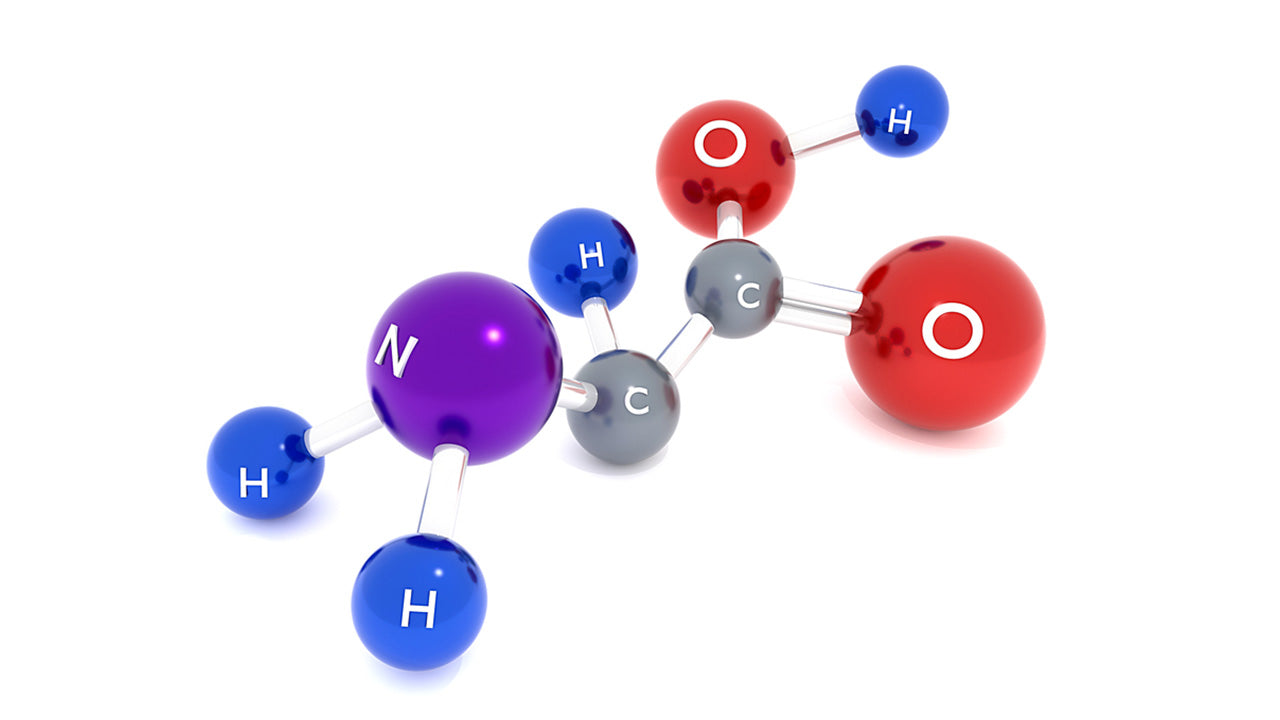The Essentials of Nonessential Amino Acids
 By: by Amino Science
By: by Amino Science

Amino acids are organic compounds that are the building blocks of our body proteins and help regulate many critical roles in the body, from nitrogen balance to the urea cycle. Amino acids can be grouped into three primary categories: essential amino acids (you need to ingest them via food or supplements to satisfy your body's needs), nonessential amino acids (made in-house by the body), and conditional amino acids (increased intake required during times of stress).
The human body can make nonessential amino acids, so they aren’t essential to our diets, but they are essential to our health. Like essential amino acids, nonessential amino acids can be resynthesized to build new proteins in your body as your cells dictate. They help produce glucose for use as energy and fatty acids for storing excess calories.
There are 11 standard nonessential amino acids:
- Alanine
- Arginine
- Asparagine
- Aspartic Acid
- Cysteine
- Glutamic Acid
- Glutamine
- Glycine
- Proline
- Serine
- Tyrosine
The 9 essential amino acids are:
- Histidine
- Isoleucine
- Leucine
- Lysine
- Methionine
- Phenylalanine
- Threonine
- Tryptophan
- Valine
For the purposes of this article, we'll be focusing on the functions and benefits of the nonessential amino acids.
How Your Body Makes Nonessential Amino Acids
Nonessential amino acids are produced via various metabolic processes. For instance, the chemical process of burning ingested carbohydrates for fuel produces molecules that are used to create nonessential amino acids.
Nonessential amino acids can also be made from other amino acids. For example, the essential amino acid phenylalanine is a precursor of the nonessential amino acid, tyrosine.
Due to the unique ability of the body to generate nonessential acids, you don’t have to worry about getting enough in your diet. Simply consume adequate protein and carbohydrates and you’ll have an ample supply of nonessential amino acids for red blood cell formation, hormone production, tissue growth and repair, and dependable immune function.
However, of the 11 nonessential amino acids, 7 can become conditional essential acids during times of stress and illness, when your body is unable to produce a sufficient supply. When battling an illness or under increased stress, you'll want to increase consumption of one or more of the following amino acids according to your health care provider's guidance:
- Arginine
- Cysteine
- Glutamine
- Glycine
- Proline
- Serine
- Tyrosine

Nonessential Amino Acid Benefits
Let's get to know our nonessential amino acids and their functions a bit better, shall we?
Alanine
This nonessential amino is the smallest amino acid in humans and is readily synthesized in the body. When muscle protein breaks down, as it’s apt to do during intense exercise, it releases toxic substances. Alanine helps clear these toxins so that the liver is able to metabolize and eliminate them.
Alanine also helps keep blood glucose levels under control and may help regulate cholesterol levels. An important source of energy for muscles and for the central nervous system, alanine is second only to glutamine in the amount circulating in the blood.
In addition, alanine helps to produce lymphocytes, which are cells in lymph fluid and the bloodstream that are involved in immune function.
Arginine
Best known for its role as a precursor for nitric oxide, arginine can help lower blood pressure and boost erectile dysfunction in men. In addition to relaxing blood vessels, arginine can help accelerate wound healing, detoxify the kidneys, maintain hormone balance, and keep the immune system strong.
Asparagine
One of the most important amino acids for neuron (brain cell) development, asparagine maintains balance in the central nervous system.
Asparagine is a component of many proteins, including glycoproteins. Glycoproteins are specialized structures that not only provide structural support to cells, but also help build connective tissues and expedite digestion by generating secretions and mucous in the gastrointestinal tract.
Aspartic Acid
This excitatory neurotransmitter plays an important role in the synthesis of other amino acids (including 4 essentials: methionine, threonine, isoleucine, and lysine) and in metabolic reactions involved in energy production (the citric acid cycle) and the production of urea. Aspartic acid (the ionic form is known as aspartate) is a part of the chemical structure of the active part of many enzymes. Enzymes are specialized proteins that play a role in enabling chemical reactions to occur in the body.
Cysteine
This sulfur-containing nonessential amino is abundant in beta-keratin, the main protein in nails, skin, and hair, and helps stimulate collagen production. Collagen protein is a major component of the skin and connective tissue and helps to maintain elasticity and texture.
Cysteine is also required in the production of taurine, a sulfur-containing antioxidant that influences cardiovascular and skeletal muscle function.
One of the most important roles of cysteine is that it is a component of the antioxidant glutathione, which is used throughout the body to neutralize free radicals and diminish oxidative stress. Glutathione is particularly important in detoxification processes in the liver.
Glutamic Acid
Otherwise known as glutamate, glutamic acid is the most common excitatory neurotransmitter in the central nervous system. It serves as an energy source for brain cells and plays a critical role in brain metabolism. In the brain, glutamate can regulate ammonia levels by taking up nitrogen in its conversion to glutamine, another amino acid that functions as a neurotransmitter. Glutamate serves the same function in the periphery, taking up ammonia and then carrying it via the blood back to the liver for ultimate conversion to urea, which is then excreted.
Glutamic acid is also important in the synthesis of gamma-aminobutyric acid (GABA), an inhibitory neurotransmitter that has the opposite effect of glutamic acid and helps to decrease activity within the central nervous system.
Glutamine
Like cysteine, glutamine is a precursor for the antioxidant glutathione, which fights off free radical damage that causes premature aging and disease. Glutamine is the most plentiful amino acid in the blood, and helps promote proper digestion, brain function, and immune health. It is the principal carrier of nitrogen in the body and is an important energy source for many cells. Like arginine, dietary glutamine may become a conditional essential amino acid during certain stressful states.
Glycine
A principal component of collagen production (it makes up one-third of collagen), glycine helps promote wound healing. It also supplies glucose for the body to use as energy, and plays vital roles in proper cell growth and function, as well as digestive health. Glycine helps break down ingested fats by regulating the secretion of bile acids from the gallbladder into the small intestine.
Glycine also acts as an inhibitory neurotransmitter that helps process motor and sensory information that permits movement, vision, and hearing.
Proline
Almost one-third of the amino acids in collagen are proline, making this nonessential amino acid incredibly essential to tissue repair and skin regeneration. Your body revs up its production of proline whenever there is damage to soft-tissue, an injury, or subsequent wound healing.
Proline also helps prevent arteriosclerosis and regulate blood pressure by encouraging the walls of the arteries to release fat buildup into the blood, thereby reducing the risk of blockage. By decreasing the pressure built up by these blockages, proline helps lower blood pressure and the risk of heart disease.
Serine
A precursor for the amino acid tryptophan, which, in turn, produces the mood hormone serotonin, serine is imperative to both physical and mental functioning, particularly cognitive processing and central nervous system equilibrium. If your body cannot produce enough serotonin, you may be prone to anxiety, depression, confusion, and insomnia.
Serine is also crucial to muscle formation, immune health, and fat metabolism.
Tyrosine
Made from the essential amino acid phenylalanine, tyrosine depends upon dietary phenylalanine requirements being met.
Tyrosine is a key player in protein synthesis, as well as the production of thyroid hormones and neurotransmitters such as dopamine, norepinephrine, and epinephrine. These neurotransmitters play a vital role in the nervous system and in the management of stress and depression.
Tyrosine is used as a safe therapy for a variety of clinical conditions including hypertension, depression, and chronic pain.
Give Your Body a Helping Hand
While your dietary focus should center on eating foods rich in the essential amino acids, you don't want to disregard foods concentrated with nonessential amino acids either. Thankfully the source of one category of amino acids is the source of all three—a variety of animal and plant-based proteins!

Up to 25% off Amino
Shop NowTAGS: knowledge
Join the Community
Comments (0)
Most Craveable Recipes




 833-264-6620
833-264-6620



















